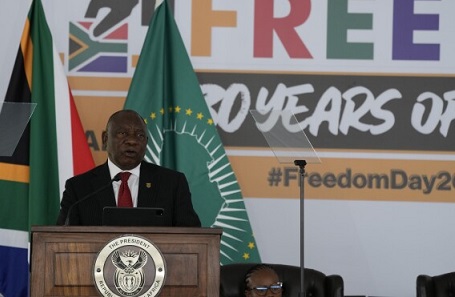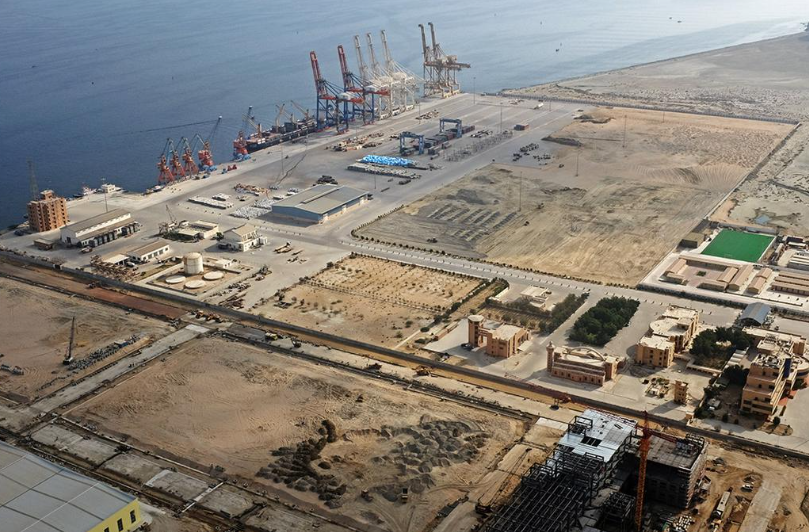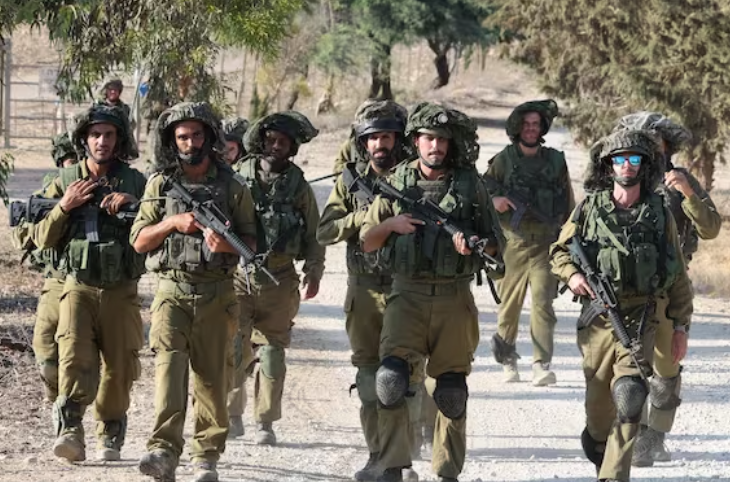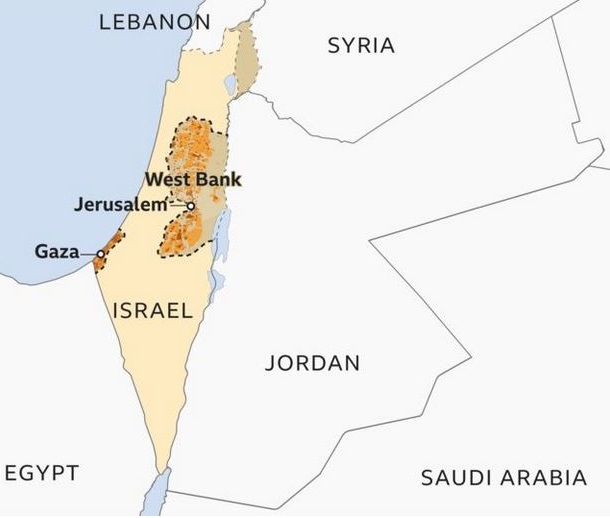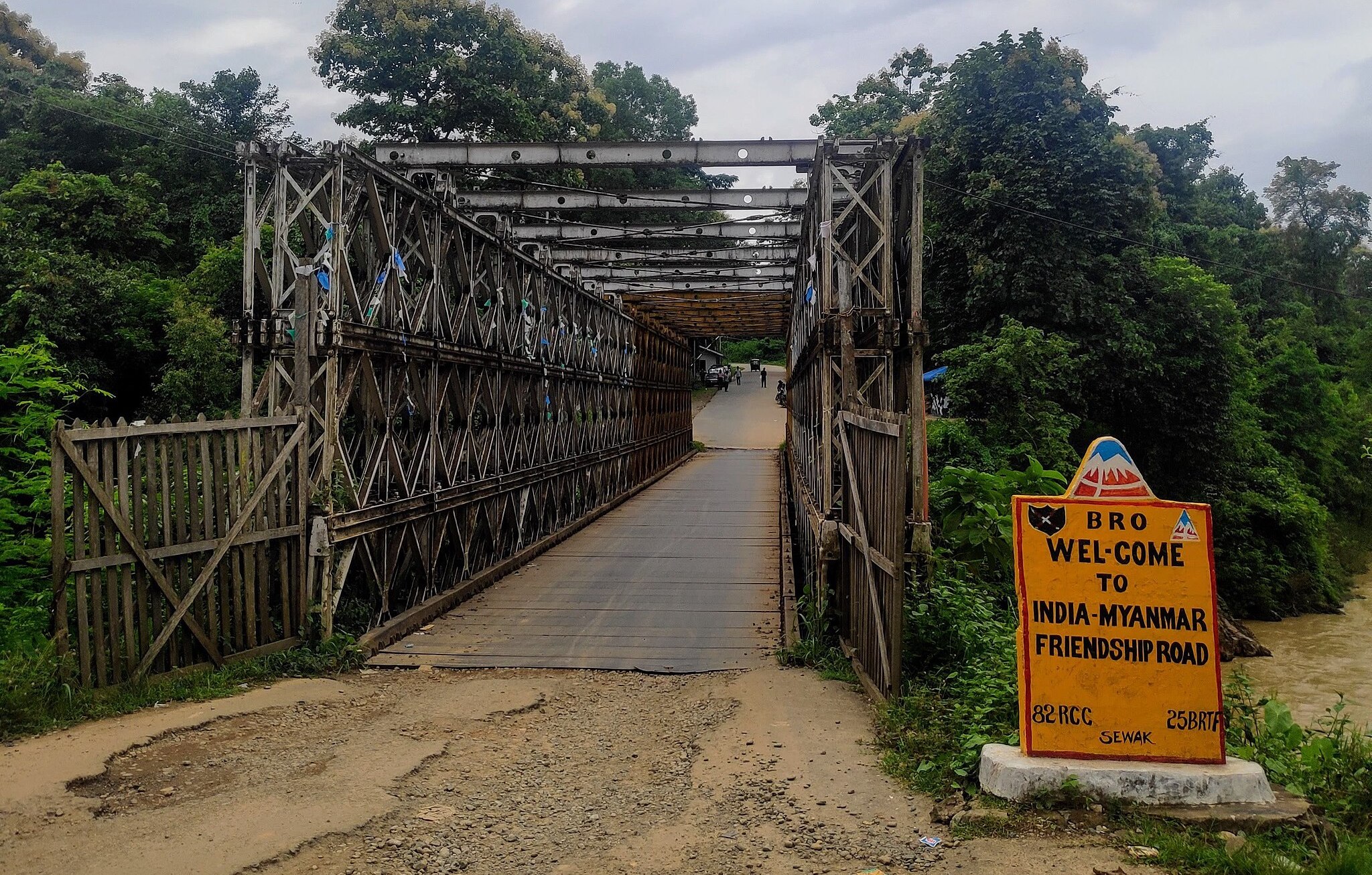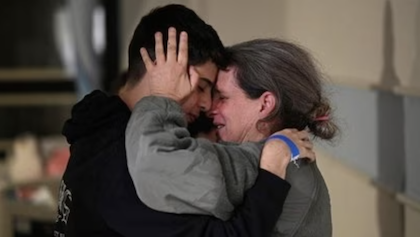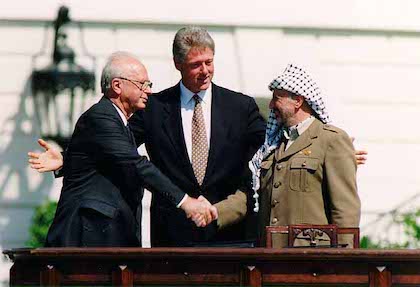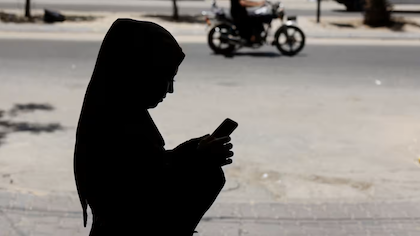Narrowing the military gap
Comparing India and China’s defence forces reveals that it is more than just a numbers game. Increased defence spending and modernization with AI and quantum computing has given China a substantial edge over India’s military capability. India is working to close the gap with an energetic focus on indigenous procurement and expanding international exercises.



